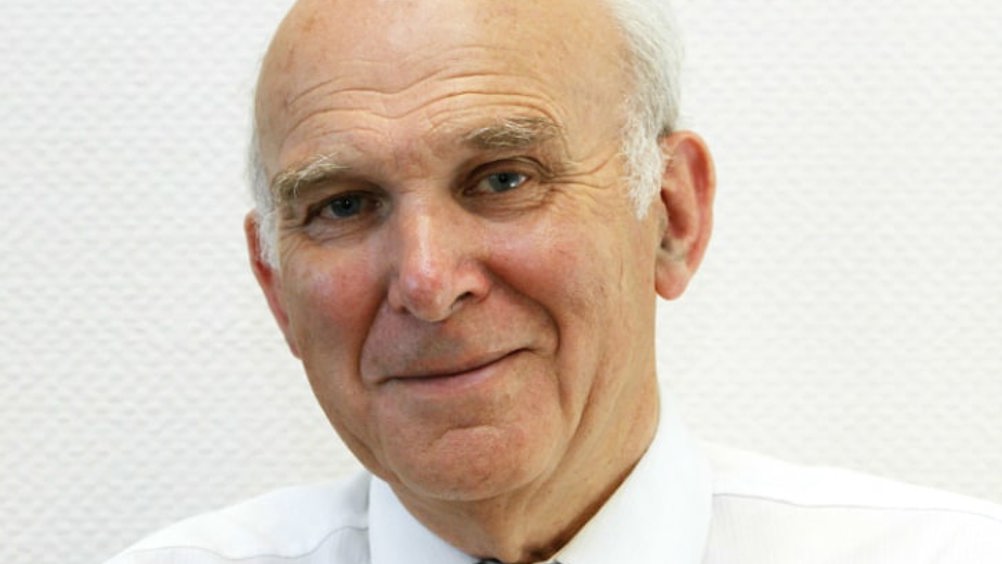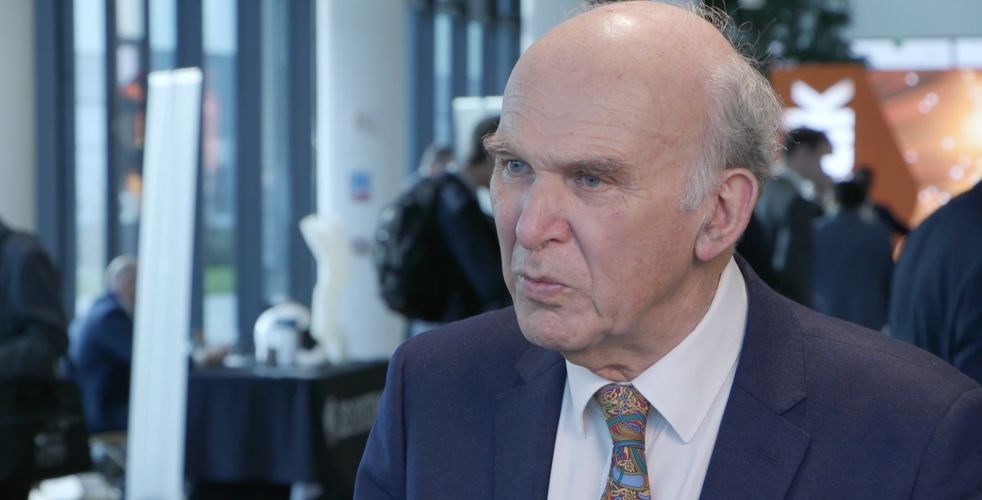Vince Cable talks Brexit, innovation and skills at C2I conference
The Engineer was delighted to host Lib Dem leader Sir Vince Cable at this year’s Collaborate to Innovate conference at the MTC in Coventry.


The former Business Secretary is a champion of engineering, skills and innovation. He has also been one of the most prominent opponents of Brexit, and in particular the economic implications of a hard Brexit. During the course of his keynote address, Sir Vince was critical of Britain’s lack of long-term thinking in relation to investment, education and apprenticeships, but also praised aspects of UK innovation that have blossomed in recent years.
Having only won back his parliamentary seat in the June 2017 general election, Sir Vince spoke about how he spent his two years of political exile learning more about German manufacturing, including a stint on the board of a Bavrian Mittelstand automotive supplier.
“It was extraordinarily enlightening to see the way that a fairly bog-standard German car company goes about its business,” he told the C2I conference. “This obsession with productivity, almost on a daily basis. How do we improve every little aspect of production.”
Register now to continue reading
Thanks for visiting The Engineer. You’ve now reached your monthly limit of premium content. Register for free to unlock unlimited access to all of our premium content, as well as the latest technology news, industry opinion and special reports.
Benefits of registering
-
In-depth insights and coverage of key emerging trends
-
Unrestricted access to special reports throughout the year
-
Daily technology news delivered straight to your inbox










National Gas receives funding to develop Gravitricity underground hydrogen storage system
There can't possibly ever be a '<i>business</i>' case for the <i><b>bulk</b></i> storage of hydrogen, since Green hydrogen electrolysis...